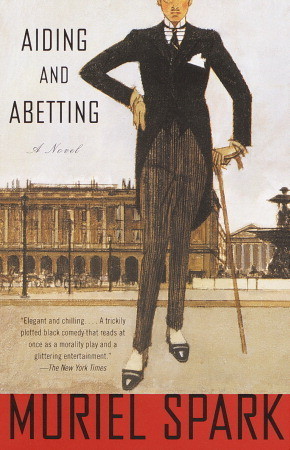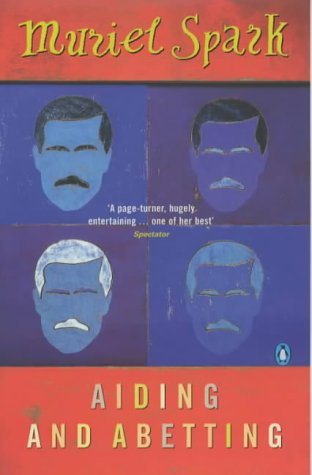What do you think?
Rate this book


166 pages, Paperback
First published January 1, 2000
As Hildegard knew from her own experience as a stigmatic fraud, blood, once let loose, gets all over the place. It sticks, it flows, it garishly advertises itself or accumulates in dark thick puddles. Once it gets going, there is no stopping blood.
"I've had a rough time. I've been on the run. Let me explain-"
"When I've had my sandwich." Hildegard kept silent till the girl arrived bearing a tray. She started to eat. Between mouthfuls she spoke on, but every time she took a bite he tried to speak, too. It was quite a battle, and Hildegard won it. "Sandwiches," she said, "like diamonds, are for ever. Children love them. They are the most useful, yet often the most despised of foods." She was carried away by fantasy. "My fondest memories of childhood are connected with sandwiches. At children's parties-"
